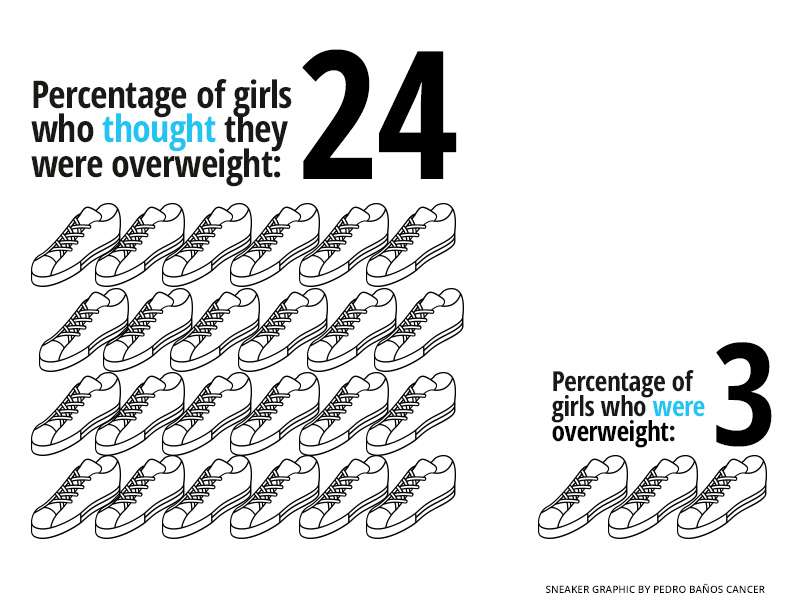Participating in team sports boosts mental health but body image and fitness worries make girls quit

A rink occupied by female hockey players isn't the rare sight it was 15 or 20 years ago. Yet while opportunities for girls in sport continue to grow, participation remains lower than for boys.
Moreover, girls drop out at higher rates when they begin to experience physical changes, sometimes as early as age 9 or 10.
Associate Professor Catherine Sabiston of the Faculty of Kinesiology & Physical Education is exploring how feelings about appearance – both positive and negative – influence girls' likelihood to stay involved in sport. Her findings suggest that the worse a girl feels about her appearance and fitness, the less likely she is to enjoy, and remain enrolled in, her sport or physical activity.
Sabiston's study, which began in summer 2014 and followed more than 300 girls between 14 and 18 throughout two seasons, is the first to explore a wide range of body-related emotions.Until now, analysis of girls and sport has focused on whether girls were satisfied with their experiences – or examined negative moods connected to body image.
During just the first phase of the study, six per cent of the girls dropped out.
"Self-consciousness related to the body is one of the key reasons why girls drop out of sport during adolescence as their bodies are changing," Sabiston explains.

Girls in her study reported that they felt growing shame and guilt, in particular when they compared their bodies to those of their peers.
Self-criticism often leads to distorted perception. Twenty-four per cent of the girls reported that they thought they were overweight. In reality, only three per cent were.
Sabiston says that these negative emotions likely influence the girls' confidence in their ability. Forty per cent reported that they were worried that they would perform badly and 27 percent said they felt anxious about sport in general.
The good news is that 70 per cent of the girls said they thought they played well and 64 per cent said they were proud of their fitness accomplishments.
Sabiston says that encouraging positive emotions can help to thwart the drop-out trend. She also recommends giving girls a choice of uniform style to help build confidence.
"Small but important modifications to uniforms can make more girls feel more comfortable," she says.
It's also important to discourage girls from comparing one another's performances and physicality. Together, these types of efforts could create a more supportive environment for girls and allow them to reap the benefits of sport participation, both physical and mental.
From related research Sabiston has found that team sport participation is particularly beneficial for mental health, including body image. "Depression and anxiety outcomes are lower and general mental health is higher when adolescents are involved in sport, team sport in particular."
Research also finds that if girls form these positive relationships with sport early on, they are more likely to continue an active lifestyle into adulthood.
"It starts as early as 10. We need to help more at that level, as girls are going through body transitions."
Sport participation is often viewed as a coping strategy for girls undergoing physical changes. But if the girls are too self-conscious to play, they never reap those benefits. "It's an unfortunate cycle," Sabiston says.



















